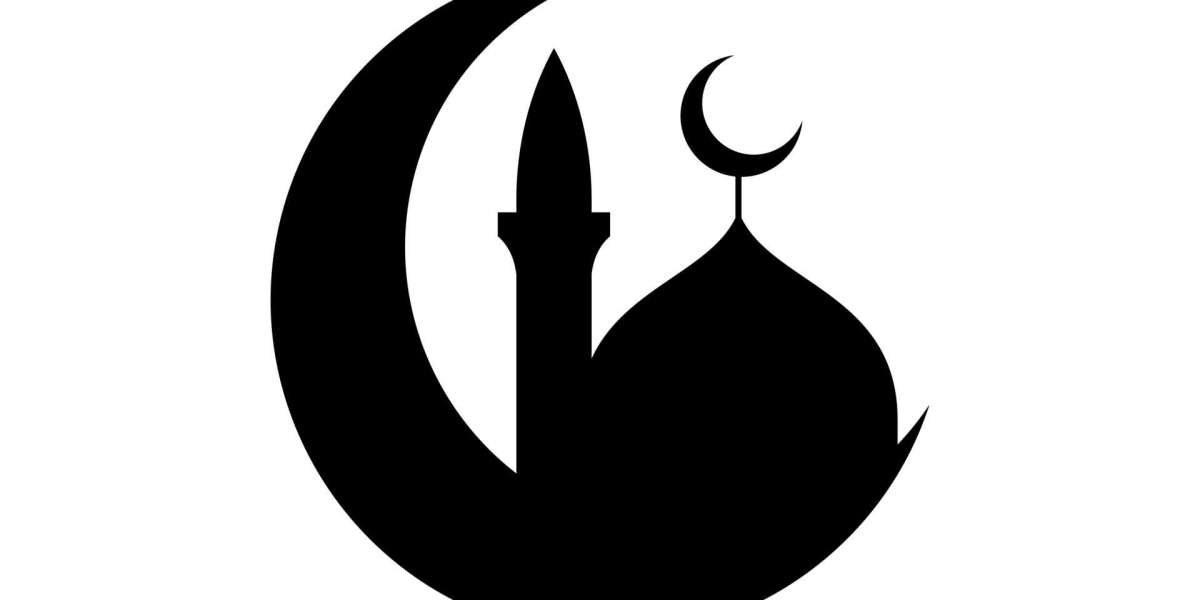His life and teachings have had a profound impact on history and continue to influence contemporary society. This article delves into the key aspects of his life, his message, and his enduring legacy.
Early Life and Background
Muhammad was born in 570 CE in Mecca, a city in present-day Saudi Arabia. He belonged to the Quraysh tribe, which held significant social and economic influence in the region. Orphaned at a young age, Muhammad was raised by his grandfather and later by his uncle. His early life was marked by honesty, integrity, and a strong sense of responsibility, earning him the nickname Al-Amin (the trustworthy).
Revelation and Prophethood
At the age of 40, Muhammad began receiving revelations from Allah (God) through the Angel Gabriel. These revelations, which continued for 23 years, are compiled in the Quran, the holy book of Islam. The core message of these revelations emphasized monotheism, social justice, compassion,muslim counseling services near me and moral conduct.
Key Teachings
The teachings of Prophet Muhammad (PBUH) encompass various aspects of life and spirituality:
- Monotheism: The fundamental tenet of Islam is the belief in one God, Allah. Muhammad taught that Allah is the sole creator and sustainer of the universe.
- Moral Conduct: Muhammad emphasized honesty, kindness, humility, and forgiveness. He advocated for ethical behavior in personal and social life.
- Social Justice: His teachings promoted the welfare of the poor and marginalized, the fair treatment of women, and the abolition of practices like infanticide and slavery.
- Compassion and Mercy: Muhammad's life was a testament to compassion and mercy. He showed kindness to animals, forgiveness to enemies, and care for orphans and the needy.
Challenges and Triumphs
Muhammad faced significant opposition from the Quraysh tribe and other factions in Mecca who were resistant to his monotheistic message and calls for social reform. Despite persecution, he remained steadfast in his mission. In 622 CE, Muhammad and his followers migrated to Medina, an event known as the Hijra, marking the beginning of the Islamic calendar. In Medina, he established a thriving Muslim community and eventually returned to Mecca, where he forgave his former adversaries and consolidated the Muslim state.
Legacy and Influence
Prophet Muhammad's legacy extends beyond religious teachings. He laid the foundation for an ethical and just society, emphasizing the importance of knowledge, community welfare, and human dignity. His life and teachings continue to inspire Muslims to strive for personal piety, social justice, and global peace.
Conclusion
Exploring the life and teachings of Prophet Muhammad (PBUH) offers valuable insights into the principles of Islam and the profound impact of his message on human civilization. His exemplary character, commitment to social justice, and unwavering faith continue to resonate with people across cultures and generations, making him a timeless figure of inspiration and guidance.
For more article links related to this topic, please click here. |
| Individual Islamic Coaching |
| Premarital Coaching services |
| Marital Coaching |
| Family Coaching |
| Faith-Based Coaching |








